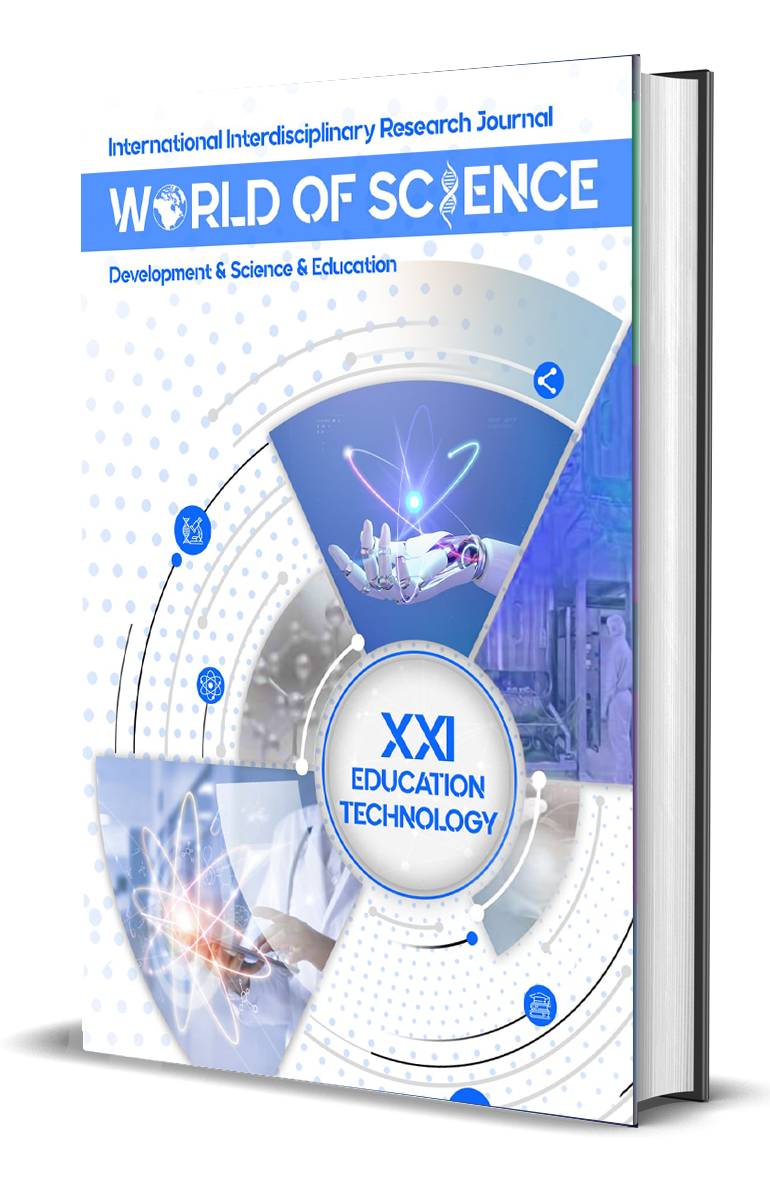THE ROLE OF ARTIFICIAL INTELLIGENCE AND DATA ANALYSIS IN SCIENTIFIC RESEARCH
Keywords:
Artificial Intelligence, Data Analysis, Machine Learning, Big Data, Scientific Research, Automation, Prediction, Interdisciplinary Science, Deep Learning, Research MethodsAbstract
This paper discusses the increasing role of Artificial Intelligence (AI) and data analysis in modern scientific research. AI technologies are applied across biology, physics, medicine, and social sciences to process big data, recognize patterns, and make predictions. Data analysis methods allow researchers to handle large datasets and generate valuable insights that would be impossible with traditional tools. The study highlights real-world research examples, such as AI in drug discovery, climate change prediction, and space exploration.
This paper also provides an overview of challenges including data ethics, privacy, and algorithm transparency, suggesting directions for future research.
References
1. Jordan, M. & Mitchell, T. (2015). Machine learning: Trends, perspectives, and prospects. Science, 349(6245).
2. Esteva, A. et al. (2017). Dermatologist-level classification of skin cancer with deep neural networks. Nature, 542(7639).
3. LeCun, Y., Bengio, Y., & Hinton, G. (2015). Deep learning. Nature, 521(7553).
4. Zhang, Y. (2020). Big Data and AI in Scientific Research. Journal of Data Science, 18(3).
5. Jumper, J. et al. (2021). Highly accurate protein structure prediction with AlphaFold. Nature, 596(7873).
6. Rolnick, D. et al. (2019). Tackling climate change with machine learning. arXiv:1906.05433.
7. Floridi, L. (2019). Establishing the rules for building trustworthy AI. Nature Machine Intelligence, 1(6).
8. Chui, M., Manyika, J., & Miremadi, M. (2018). Notes from the AI frontier. McKinsey Global Institute.
9. Science Magazine (2021). Breakthrough of the year: AI makes protein folding problem disappear. Science, 374(6574).
10. National Aeronautics and Space Administration (NASA). (2020). AI in astronomy: New frontiers.




